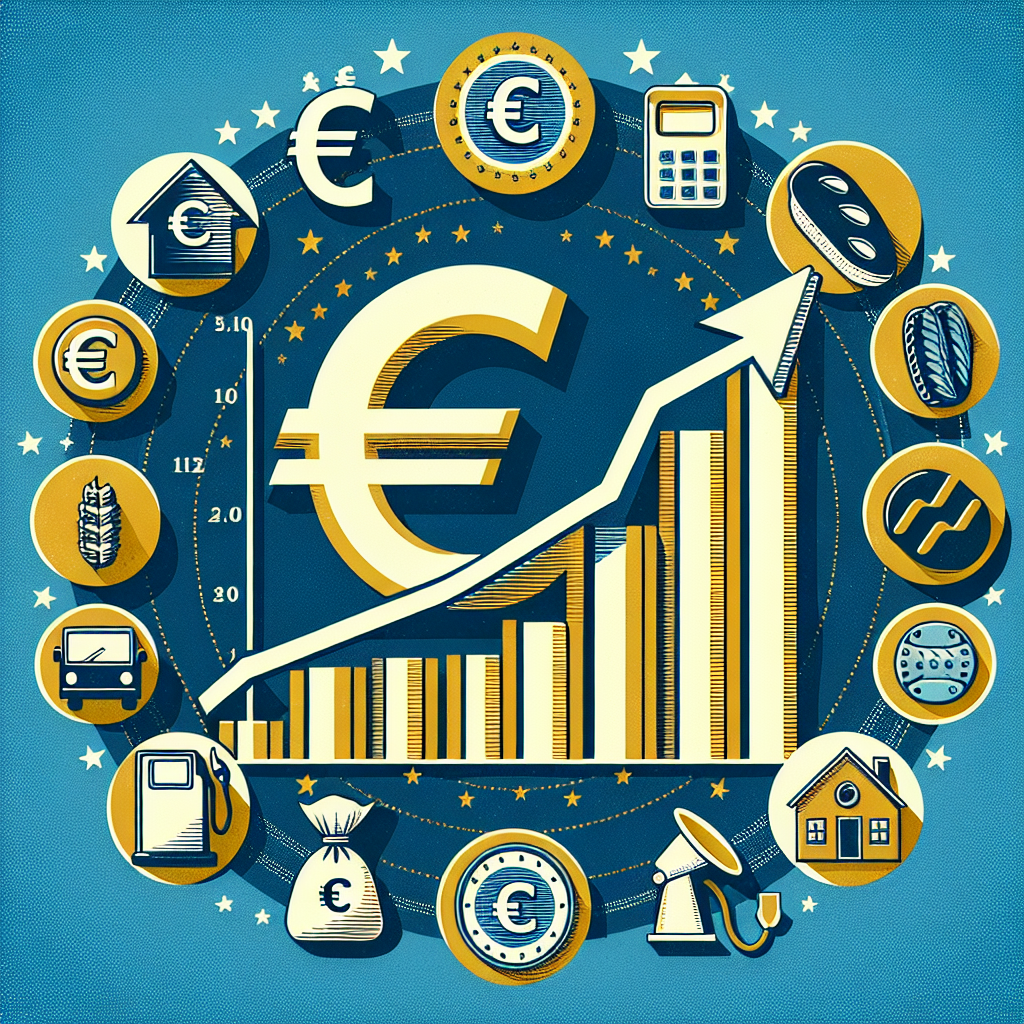German Inflation Decline Sparks ECB Policy Discussions
German inflation fell unexpectedly in February to 2.6%, suggesting a possible euro zone inflation decrease to 2.3%. This revision backs potential policy easing by the European Central Bank. The decline was driven by lower goods prices, despite rising food and service costs, while energy prices moderated inflation.

In a surprising turn, German inflation rates dipped in February, a revision that could signal a similar trend across the euro zone. The statistics office reported a drop to 2.6%, lower than earlier predictions of 2.8%, hinting at potential adaptations in European Central Bank (ECB) policies.
Chief economist Cyrus de la Rubia from Hamburg Commercial Bank expressed cautious optimism over the news, citing that the subdued inflation rise stemmed largely from below-average goods prices. Nevertheless, potential retaliatory actions in a trade war involving the EU, U.S., and China could alter this inflation path.
Further insights reveal that while food prices surged, energy prices helped offset inflationary pressures, reflected in a revised monthly inflation drop from 0.6% to 0.5%. As stakeholders await final confirmation on Wednesday, the ECB's future policy approach remains under watchful evaluation.
(With inputs from agencies.)
ALSO READ
Former central banker Mark Carney is sworn in as Canada's new prime minister as country deals with Trump's trade war, reports AP.
Currencies Turbulence: Trade Wars, Yen Gains, and Central Banks' Dilemma
Mark Carney's Ascent: From Central Banker to Canada's Premier
Mark Carney: From Central Banker to Canada's Prime Minister
Mark Carney's Unexpected Ascent: From Central Banker to Canadian Prime Minister










